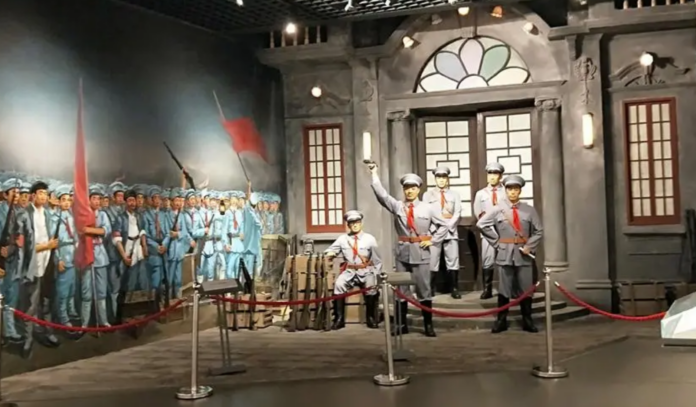
Among American scholars of China, Elizabeth Perry has a special background: she was born in Shanghai in 1948. Elizabeth Perry was born into a deeply religious family, with both parents being missionaries of the Episcopal Church.
Her father, Charles Perry who had studied Chinese and Japanese at Harvard University in his early years and was fascinated by East Asia – traveled across the ocean and arrived in Shanghai in 1931 to teach at St. John’s University. St. John’s University was founded in 1879 as St. John’s College, sponsored by the Episcopal Church, and was the earliest ecclesiastical university to be established in China.
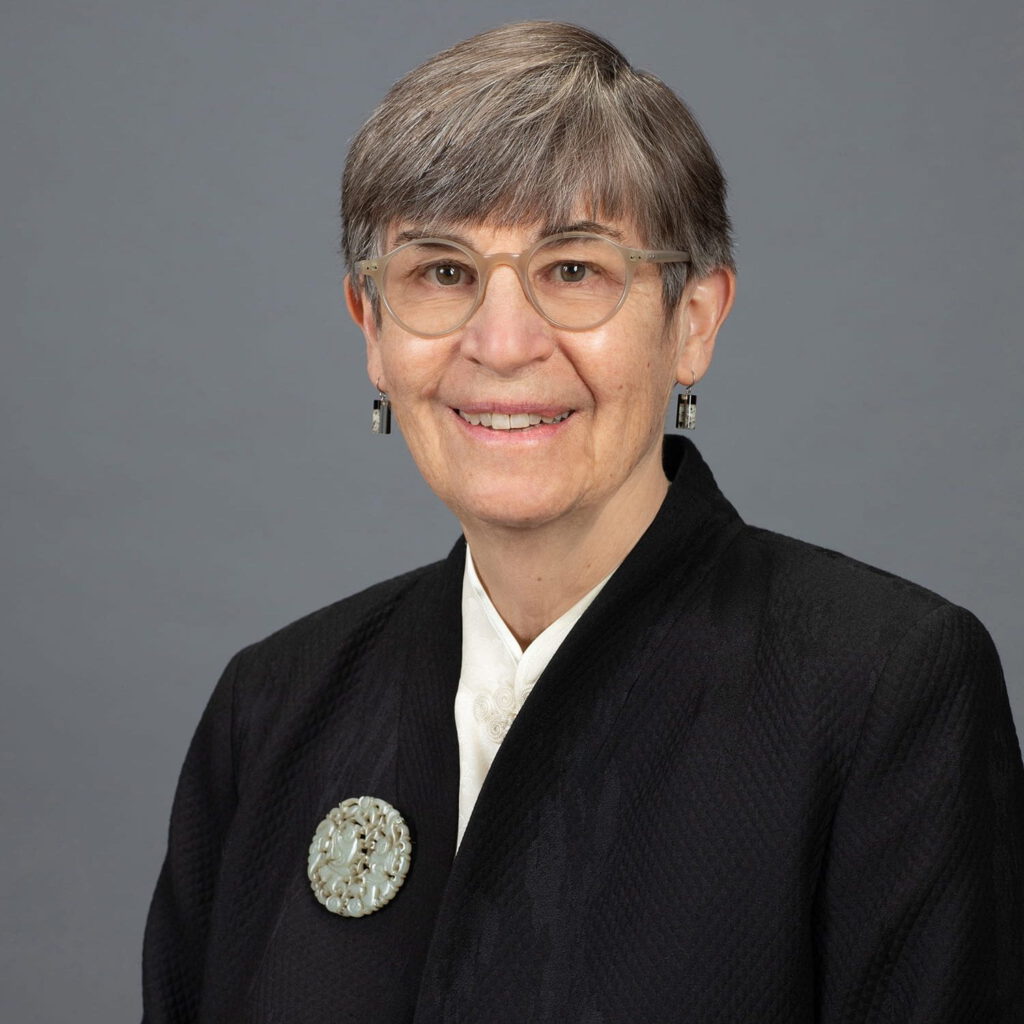
On the boat back to China after a honeymoon in Japan, Charles Perry found the boat below filled with loaded Japanese soldiers, who were the regiment that had been reinforced from Japan after the Battle of Songhu was fought.
In 1941, after the Attack on Pearl Harbor, the Japanese invaded the concession, and Shanghai fell to the Japanese. The foreign teachers of St. John’s University, except for those, including Charles Perry, who had already returned to their home countries, were put into concentration camps.
Charles Perry was not released to the United States until two years later when the U.S. and Japanese governments exchanged detainees. But it wasn’t long before Charles Perry hoped to return to China again. With the help of the U.S., he returned to China as he wished to help China’s national government against the Japanese.

In 1945, World War II ended and Charles Perry’s wife returned to China. For the family, it was a brief period of peace in China, then Elizabeth Perry was born in Shanghai in 1948. In 1949, the Communist revolution had reached a decisive moment, and a few months later the situation became even more volatile.
In 1951, the family moved to Tokyo, and in 1965, at the age of 16, Elizabeth Perry enrolled at William Smith College. Popular protests were one of her later academic interests and directions. Her first perceptions of this came from her early experiences in Japan. In the early 1950s, the Japanese Communist Party and the Japanese Socialist Party organized labor protests on May Day.
It was also during this time that the seemingly tenuous connection between her and the China of her birth somehow became stronger. William Smith College was a small college, but there was a “Mao Zedong Thought Study Group”, of which Elizabeth was a member, and she became very interested in Chinese politics.
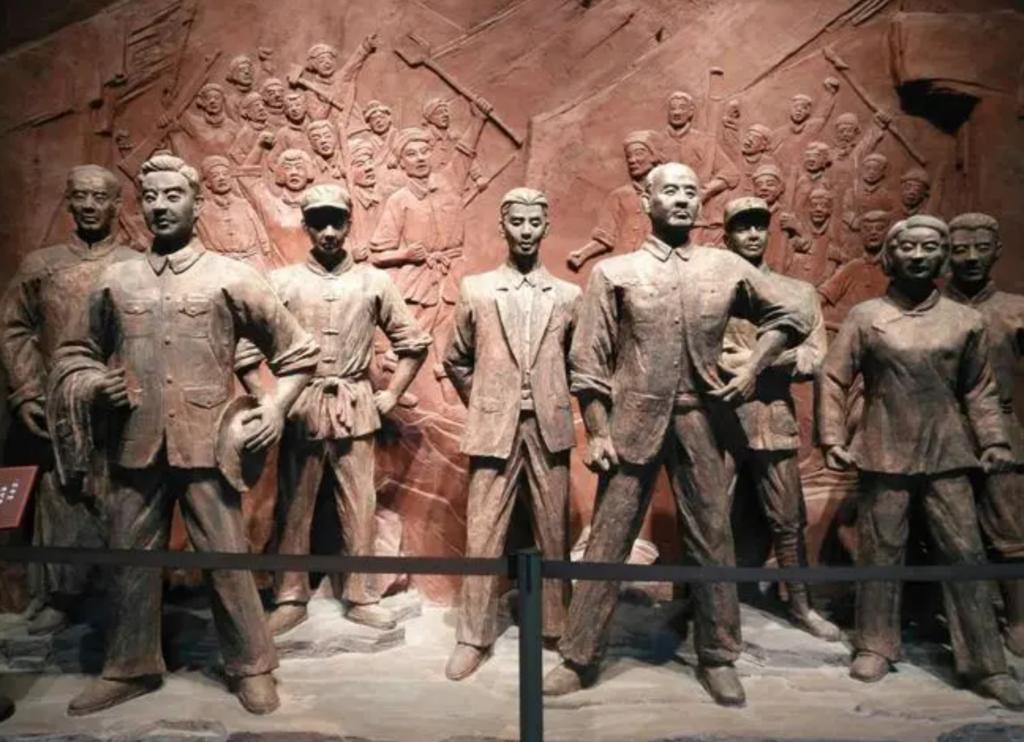
While studying for her doctorate in political science at the University of Michigan, Elizabeth Perry’s initial idea was to take China’s Cultural Revolution as the topic of her doctoral dissertation but was opposed by one of her supervising professors. The teacher thought it was premature. Instead, she resolved to explore the origins of the Chinese Revolution from a perspective and methodology different from the popular view at the time.
How to understand the peasant revolution is an issue that has been overlooked by many scholars in various disciplines who focus on the peasant issue. She thinks that the peasants who came onto the stage of world history with a revolutionary face have fueled the development of many social science theories that have attempted to explain the causes of peasant rebellions. Anthropologists, historians, sociologists, and political scientists have all come up with their answers to this important question.
At this time Elizabeth Perry decided to examine the relationship between the rebels and the revolutionaries through the study of a region. This project had to be focused on a region that had a tradition of peasant rebellion and was the base of the Communist Party before 1949. She chose this region to be Huaibei.
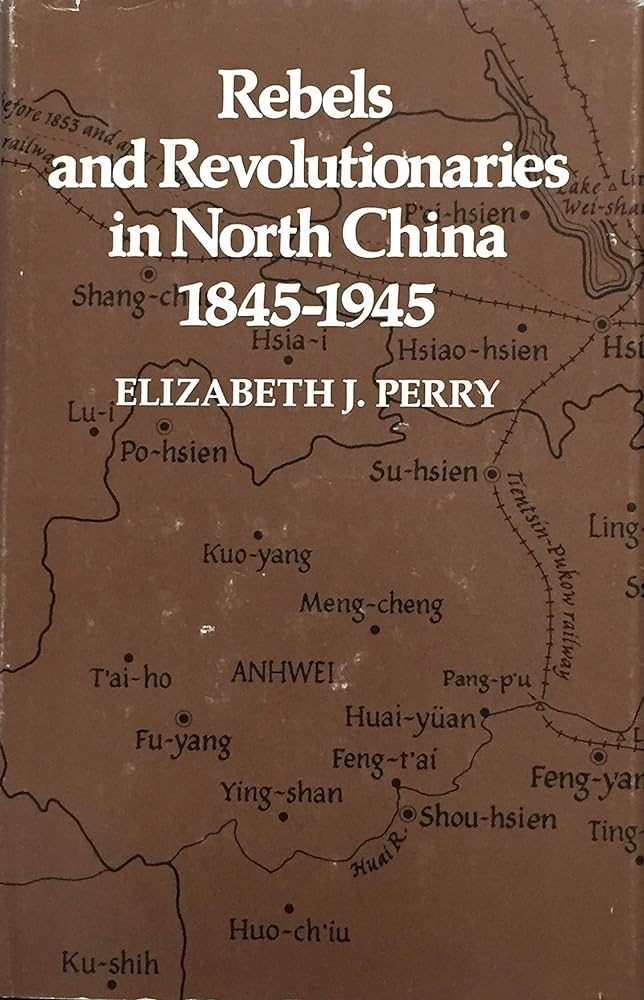
At that time, China’s doors were still locked, and like other scholars, her choice at that time was to go to the National Palace Museum in Taipei to look at the archives, which was interspersed with trips to Japan to do data collection work in libraries in Tokyo. With solid work, Elizabeth Perry completed her doctoral dissertation, and in 1980, a monograph based on her dissertation, Rebels and Revolutionaries in North China (1845–1945), was published at Stanford University. This monograph is regarded as a representative work of the third generation of overseas Chinese studies scholars.
After the thawing of Sino-American relations, the National Committee on US-China Relations began to send delegations to China one after another. In June 1979, Elizabeth Perry was selected to join a delegation of mayors of large cities in the United States to visit the cities of Shanghai, Beijing, Nanjing, Guangzhou, and Hangzhou.
A few months later, Elizabeth Perry came to China again and was given the opportunity, as a visiting scholar, to study in China for one year. She was one of the first foreign scholars allowed to enter China to conduct field research and experience the planned economy era in China.
Since the 1990s, Elizabeth Perry’s research has shifted from the distant rural areas of Huaibei to the cosmopolitan city of Shanghai, and her focus has changed from the study of the peasant revolution to the study of the workers’ movement. She completed the monograph Shanghai on Strike: The Politics of Chinese Labor. This book won the 1993 American Historical Association John K. Fairbank Prize.
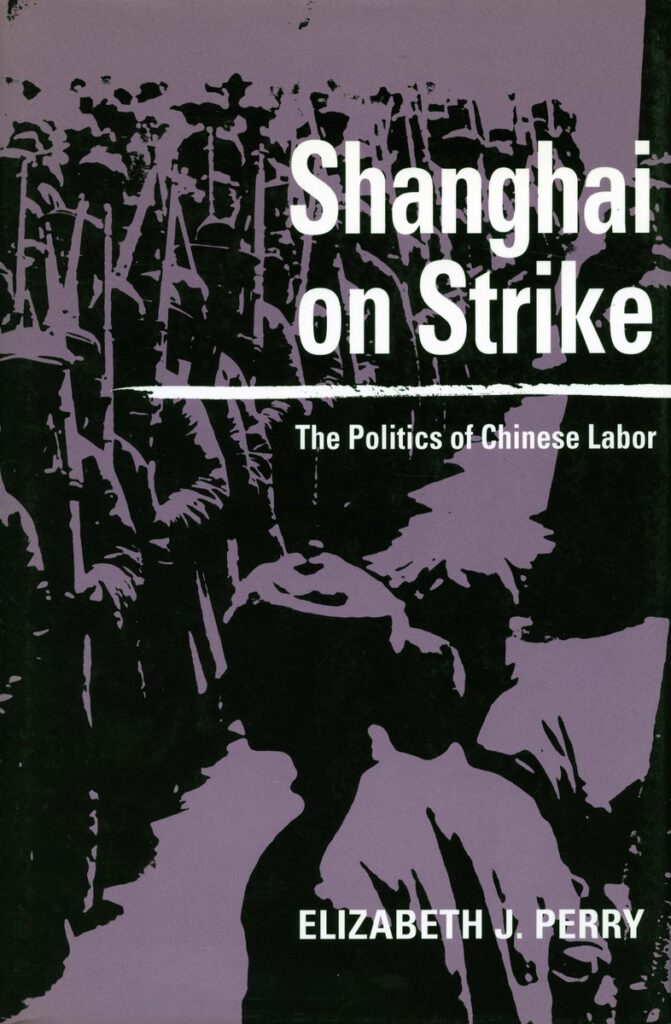
Whether it was her early interest in the peasant revolution or her later shift to the study of the urban workers’ movement, the revolutions that changed the destiny of countless people have always been the big issues that concern Elizabeth Perry.
In addition to academic research, Elizabeth Perry was also actively involved in public affairs and social activities. In 1999, shortly after arriving at Harvard University, Elizabeth Perry became the director of the Fairbank Center for China Studies, a major overseas research center for Chinese studies.
After the opening of the door between China and the United States and the reintegration of China into the world, commercial and economic revival and prosperity are perhaps the most visible and direct results. But what Elizabeth Perry feels more is the great significance it has produced in intellectual and academic exchanges. Over the past century, from the Qing Empire to the Republic of China and then into the People’s Republic of China, too many changes have taken place on this piece of land, which may be exactly what attracts Elizabeth Perry to study China, “They are so complicated and so fascinating.”
(South: Marxists, harvard, Amazon)



